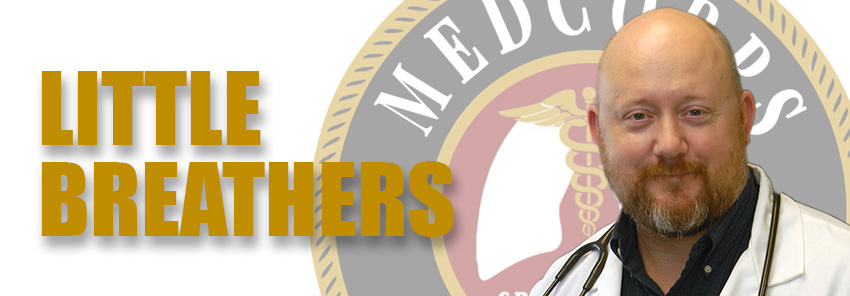
Why is my CPAP or BiPAP Machine Using Less (or More) Water?
By Allen L. Silvey, Jr., DO
If you are a CPAP or BiPAP machine user, you may have noticed a change in water usage during different seasons, particularly a decrease in water consumption during the summer months. While it might seem puzzling at first, there are logical reasons behind this phenomenon. In this article, we will explore the factors that contribute to decreased water usage in CPAP machines during the summer and provide a better understanding of the situation.
- Humidity Levels:
- Room Temperature:
- Personal Comfort Preferences:
- Climate Control Features:
- Conservation and Maintenance:
One significant factor that affects CPAP water usage is the ambient humidity levels. During the summer, the overall humidity tends to be higher due to warm weather, increased moisture in the air, and potential for increased rainfall. As a result, the relative humidity in your bedroom or sleeping environment naturally rises, reducing the need for additional moisture provided by the CPAP machine. Consequently, the machine's humidifier settings can be adjusted, leading to decreased water consumption.
During the summer, room temperatures often rise due to warmer weather, which can contribute to a decrease in water consumption in CPAP machines. When the air temperature is higher, the warm air holds more moisture, and as it passes through the CPAP machine's humidifier, it requires less water to achieve the desired humidity level. Therefore, the machine's humidifier may not need to work as hard or use as much water to provide adequate humidity for comfortable therapy.
Individual comfort preferences also play a role in CPAP water usage. Some people may find that they require less humidification during warmer seasons due to feeling less dry or congested. Adjusting the humidifier settings based on personal comfort needs can result in a reduction in water consumption.
Many modern CPAP machines come equipped with advanced climate control features that adapt to changing environmental conditions. These features monitor ambient temperature and humidity levels and automatically adjust the humidification settings to optimize comfort. During the summer, these adaptive algorithms may detect the higher humidity and reduce the humidification output accordingly, resulting in decreased water usage.
Using less water in your CPAP machine during the summer not only benefits your comfort but also promotes machine longevity and reduces the need for frequent refills and cleaning. Conserving water by adjusting the humidifier settings appropriately helps prolong the lifespan of the machine and reduces the frequency of maintenance tasks.
The reduced water usage in your CPAP machine during the summer can be attributed to higher ambient humidity levels, warmer room temperatures, personal comfort preferences, advanced climate control features, and conservation of resources. By understanding these factors, you can optimize your CPAP therapy while conserving water and maintaining the longevity of your machine. If you have any concerns or questions about adjusting the humidifier settings, it's always recommended to consult with your healthcare provider or CPAP equipment supplier for personalized guidance.
Give us a call at 856-352-6572 to schedule an appointment



